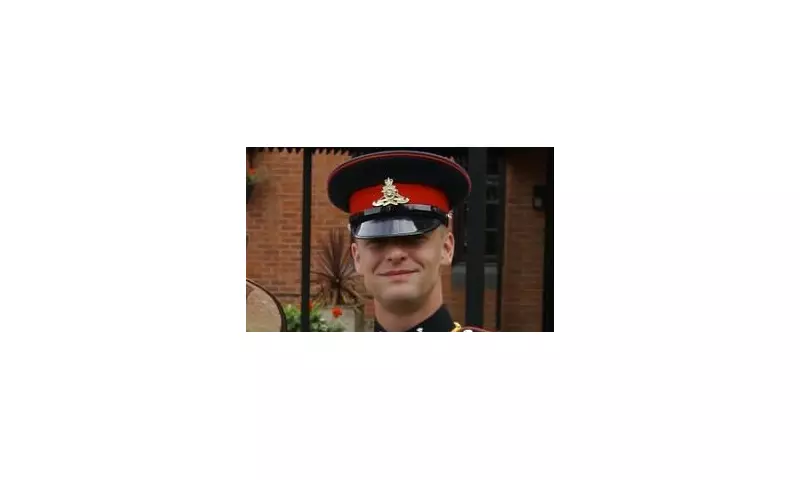
A former British Army serviceman who dedicated years to his country has been left devastated after Westminster Council rejected his application for social housing, forcing him to remain homeless despite his military service.
'I served my country - now I'm sleeping rough'
The veteran, who wished to remain anonymous, expressed his profound disappointment at the decision. "After everything I've given for this nation, to be told there's no place for me is heartbreaking," he shared. "I served with pride, but now I feel completely abandoned by the system I swore to protect."
Council's controversial decision
Westminster Council officials defended their position, citing strict eligibility criteria and overwhelming demand for limited housing stock. However, veterans' advocacy groups have condemned the ruling as "shameful" and "deeply unjust."
Key points of contention include:
- The veteran's length of service and exemplary record
- Current homelessness situation despite previous stable employment
- Local connection requirements versus military service obligations
- Limited specialist housing support for ex-military personnel
Growing crisis for ex-service personnel
This case highlights a broader national issue affecting thousands of former military members. Recent statistics reveal alarming numbers of ex-service personnel facing housing insecurity across the UK.
Charities working with homeless veterans report increasing cases of similar situations, where those who served their country struggle to access basic housing support upon returning to civilian life.
Calls for policy reform
Military support organisations are now urging local authorities to review their housing policies regarding veterans. They argue that those who served in the armed forces should receive priority consideration given their unique circumstances and sacrifices.
"This isn't just about one individual case," stated a representative from a leading veterans' charity. "It's about how we, as a society, honour our commitment to those who served. We need systemic change to ensure no veteran sleeps rough after serving their country."
The case has sparked wider debate about the support network available for military personnel transitioning back to civilian life, with many calling for more robust safety nets and specialised housing assistance programs.





